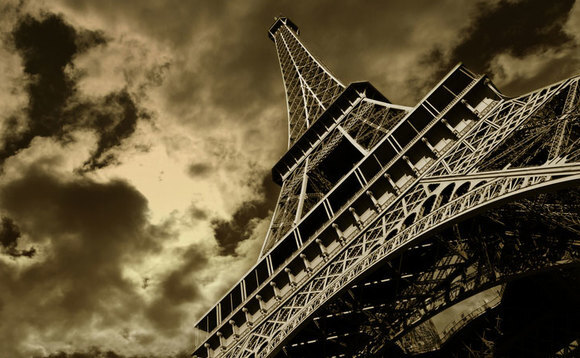
French PE: dealing with rising transaction costs and valuations

Growing levels of due diligence and higher valuations in French private equity are signs of an ever-more competitive and complex deal-making landscape. Alice Tchernookova examines the challenges this brings for GPs
As usual, French dealflow was limited in August, as private equity professionals either took a much needed break or lay the groundwork for the September rush. Indeed, the past few weeks have seen deal announcements pouring in, including 21 Centrale Partners' exit from Digital Virgo, Siparex's acquisition of Ligier, Ardian's purchase of Lagarrigue from Azulis, and Ardian's sale of Altares to Naxicap Partners.
It is not just GPs that are back at the coalface. The hefty lists of advisers involved in these deals are a reminder that private equity in France has become a very mature sector, calling for deep market studies and ingenious investment strategies – but also raising questions around over-complexity and escalating transacting costs.
"The breadth of due diligence involved bears witness to the significant ecosystem around the industry," says Benjamin Arm, managing partner at Omnes Capital. "The reporting, legal and compliance sides of a deal have become as important as the rest."
In the past, we used to follow our instinct much more. Now, everything is much more measured, secure, and less volatile" – Gerard Pluvinet, 21 Centrale
Charles Diehl, partner at Paris-based Activa Capital, says: "The cost of doing deals is increasing, as it is in many other sectors; side costs and banking fees have gone up significantly in the last few years, and this is especially true for audit and legal firms, which tend to be huge international players. But this is very much at a European level – not just in France."
On a positive note, most managers are not convinced this extra cost will affect funds' profitability in the long run. "On average, side costs amount to around 1.5% of the total deal value – compared to 0.7-1% two or three years ago – and that is if you close the transaction," says Dominique Gaillard, head of direct funds at Ardian. "I don't think this is enough to have an actual impact on funds' profitability."
For many GPs, the professionalisation of the sector in France is a positive development rather than a worrying one, as it enhances their knowledge of particular fields of activity and drives better performance for the funds overall.
"In the past, we used to follow our instinct much more," says Gerard Pluvinet, a founding managing partner at 21 Centrale with 20 years' experience in the sector. "Now, everything is much more measured, secure, and less volatile."
Pay to play
Meanwhile, another market trend could have a more significant impact on managers' strategies: the escalating valuations seen in the market. As unquote" reported last month, although in H1 2016 fewer deals were recorded than in H2 2015, average deal value rose to €99.3m from €74.8m.
For Ardian's Gaillard, this rise in deal value is driven by three factors: the increased use of debt; LPs' willingness to make larger commitments within funds; and the rising competition with industrial groups, which are keener to make strategic acquisitions. "This is not a spontaneous evolution," he says. "It's a trend that has been building over the years; a business that could be acquired at 10x EBITDA in 2010 would now be acquired at 13x."
In France, perhaps more than elsewhere, the buyout model needs to be deeply transformational – because it needs to compensate for the current lack of national economic growth" – Charles Diehl, Activa Capital
For 21 Centrale's Pluvinet, an obvious response to the ongoing challenge this raises when it comes to sourcing is to make more selective acquisitions: "Such circumstances can sometimes call for hasty decisions, when investors actually have to be all the more cautious with the investments they make.
"In the face of fierce competition, one needs to have a clearly established growth and expansion strategy when entering a business, and to know exactly how to create value within it."
Diehl insists funds must fundamentally transform companies: "In France, perhaps more than elsewhere, the buyout model needs to be deeply transformational – because it needs to compensate for the current lack of national economic growth. As opposed to relying on macroeconomic growth, it has to create a microeconomic one. For me, that is the real challenge currently faced by private equity in France."
Latest News
Stonehage Fleming raises USD 130m for largest fund to date, eyes 2024 programme
Sponsor acquired the public software group in July 2017 via the same-year vintage Partners Group Global Value 2017
Stonehage Fleming raises USD 130m for largest fund to date, eyes 2024 programme
Czech Republic-headquartered family office is targeting DACH and CEE region deals
Stonehage Fleming raises USD 130m for largest fund to date, eyes 2024 programme
Ex-Rocket Internet leader Bettina Curtze joins Swiss VC firm as partner and CFO
Stonehage Fleming raises USD 130m for largest fund to date, eyes 2024 programme
Estonia-registered VC could bolster LP base with fresh capital from funds-of-funds or pension funds









